The views expressed in our content reflect individual perspectives and do not represent the authoritative views of the Baha'i Faith.
At this point in American history, many black men like me feel fragile, knowing that we are still the objects of police brutality, knowing that many have died and are still dying.
But I remain hopeful that at last we may have come to a turning point in our society. That’s one of the reasons I’m a Baha’i — because the Baha’i teachings give me hope for a unified, racism-free future society.
This letter, written more than a hundred years ago by Abdu’l-Baha to an early African American Baha’i named Antoinette Crump Cone, sums up the Baha’i vision of that potential future:
Utmost sorrow and sadness was produced, owing to the prejudices and enmity which exist between the white and coloured races. If this matter remains without change, enmity will be increased day by day and the final result will be hardship and may end in bloodshed.
The most important teaching of … Baha’u’llah, is to leave behind racial, political, religious, and patriotic prejudices. Until these prejudices are entirely removed from the people of the world, the realm of humanity will not find rest. Nay, rather, discord and bloodshed will be increased day by day, and the foundation of the prosperity of the world of man will be destroyed. …
It is my hope that this race question may be considered like unto the colours of the doves and other birds. They do not allow differences of colour to be the cause of hatred and animosity among them. One flock of birds is white, another grey, another yellow, another red, another black. They soar in the air with each other with the utmost love and do not fight with each other on account of their difference of colour. Man must, likewise, attain to this degree of harmony, so that there may be no differences or disharmony among the children of men on account of colour, for all of them are human beings. – Abdu’l-Baha, Star of the West, Volume 7, pp. 121-122.
Yes — all of us are human beings. As long as racism persists in our society, though, we won’t have equal justice.
Yesterday I watched a well-known African American television journalist describe how it pained him to warn his sons, to give them “the talk” about how to de-escalate encounters with the police. At the mention of “the talk,” he raised his hand to wipe a tear behind his glasses. I shed a tear at that moment, as well. I have sons too, and I’ve certainly had “the talk” with them.
In our racist culture, every black parent has to warn their children about the very real prospect of state-sanctioned violence.
I watched the outdoor press conference in Minneapolis with George Floyd’s family. Floyd’s son was there; he spoke briefly, but his mere presence at the spot where his father died was heartbreaking. Then the family lawyer spoke, reviewing the history of the killings of black people, citing name after name and their stories. The weight of this inventory, the sheer magnitude of loss, one by one by one, these brief tales of killings and prosecutions delayed or ignored, tales of juries exonerating killers, tales of occasional triumphs of justice, all felt like a heavy weight on my chest, as I thought about these people, and the many unnamed, the many lost on slave ships, the many who died on the fields and plantations; the many who were lynched. The cruelties; the ruthless cruelties; and the years of historical denial and historical indifference. My tears came again.
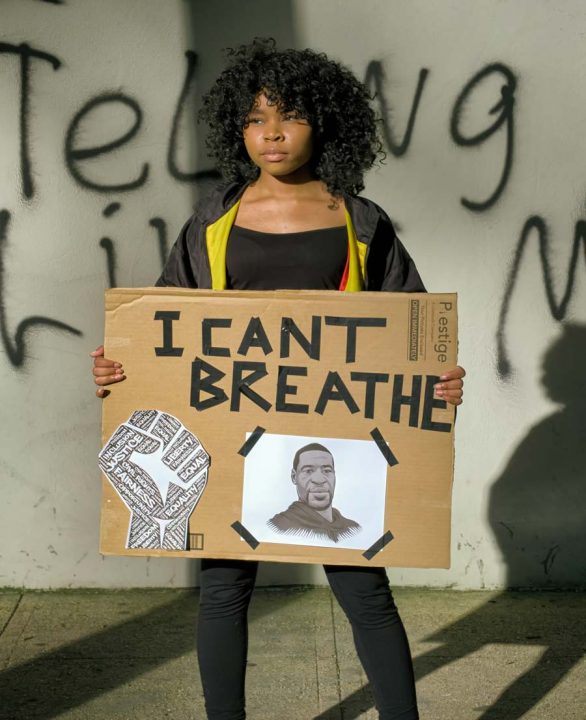
Later I called the oldest son of my oldest friend, who told me that over the weekend his home was invaded in the middle of the night by the police with flashlights and guns. The officers put a gun to his head in their search for a domestic abuser.
This didn’t happen in South Central Los Angeles; it happened in one of the wealthiest communities in LA County, in a suburb where few black people live. My friend’s son is biracial; he is an attorney, and still this happened. The police had the wrong house and departed only after his white wife, also an attorney, assured the officers that they had made a mistake — a potentially fatal one. Offering no excuses or apologies, the police went away, leaving a terrorized man and wife, six months pregnant, and their traumatized 4-year-old son, who had to get “the talk.”
After that incident, his wife had to be taken to the emergency department at the hospital because contractions began. Fortunately, she was stabilized, and a premature birth was prevented.
This happened on the weekend, while protests took place around the country; when curfews were being imposed. So I called my friend’s son as a show of support. I have known him since the day he was born. He has been to my home countless times. He refers to me as “Uncle Sid.”
He told me a harrowing tale of horror and fear. “I couldn’t protect my family from the police,” he said. “I could have died. They could have killed my family, shooting first, and asking questions later. It’s happened before. It was terrorizing; it was emasculating.” His voice trembled, and I could hear the tears; and like so many men, he apologized for them.
Of course, he didn’t need to apologize, and I told him so.
Then he recounted stories of his childhood, when he was called a nigger constantly at school; when he was forced to the ground and kneed on the ground by the police in his own community where he was born and raised. He was told by a white police officer there, “You’re not black enough to be a nigger.”
My tears flowed again.
These two are both lawyers, and they decided to not remain quiet about their experience. They went to the police station and filed a complaint.
He wrote a letter to the police chief, whom he knows. He read it to me. The language was civil, calm, with the facts of that evening laid out.
But he was angry, deeply angry, angry at the police, but also angry with himself for having to put on the mask, one more time, so that he could be heard.
He had to be calm so another man could listen and do something right. “Why, why, why, do I have to be the better person?” this young man wailed. “The police did this to me and my family, and I have to be nice?”
I didn’t answer the question, but black people have carried that responsibility for centuries, and we are sick of being told we must control our feelings, check our anger, smile until the illness of racism in others can be healed.
I told him to show his pain, to reveal his anguish and terror in his meeting with the police chief, who has to SEE what his officers did.
At the end of our conversation, my “nephew” told me, “You know me, Uncle Sid, I will be positive. That’s who I am. But I will be silent no more. No bleeping more.”
His profanity surprised me; it is rare. But I understood. His declaration of resistance and protest gave me hope that the old doctrine of racism and racial domination is dying:
The call of Baha’u’llah is primarily directed against all forms of provincialism, all insularities and prejudices. If long-cherished ideals and time-honored institutions, if certain social assumptions and religious formulae have ceased to promote the welfare of the generality of mankind, if they no longer minister to the needs of a continually evolving humanity, let them be swept away and relegated to the limbo of obsolescent and forgotten doctrines. Why should these, in a world subject to the immutable law of change and decay, be exempt from the deterioration that must needs overtake every human institution? For legal standards, political and economic theories are solely designed to safeguard the interests of humanity as a whole, and not humanity to be crucified for the preservation of the integrity of any particular law or doctrine. – Shoghi Effendi, The World Order of Baha’u’llah
Which brings me to today’s tears.
I watched the peaceful protestors in cities across the country, a phalanx of people of all races, colors, gender, sexual orientation, young and old, march against racism and police brutality. When I saw thousands of Americans cross the Brooklyn Bridge from Manhattan, so many I couldn’t see the pavement beneath their feet, tears came again – but I knew these were tears of joy.


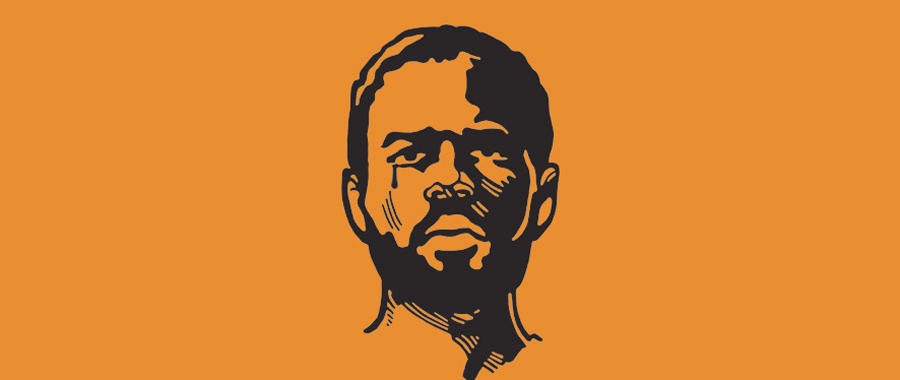
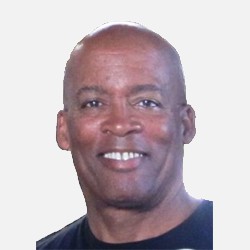
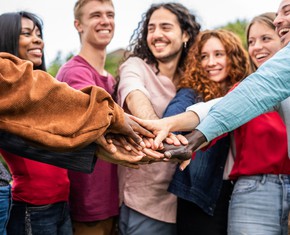
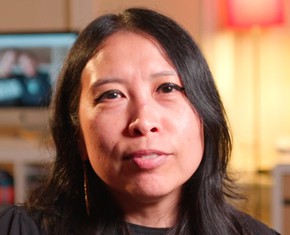
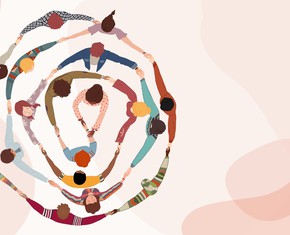









Comments
Sign in or create an account
Continue with Googleor